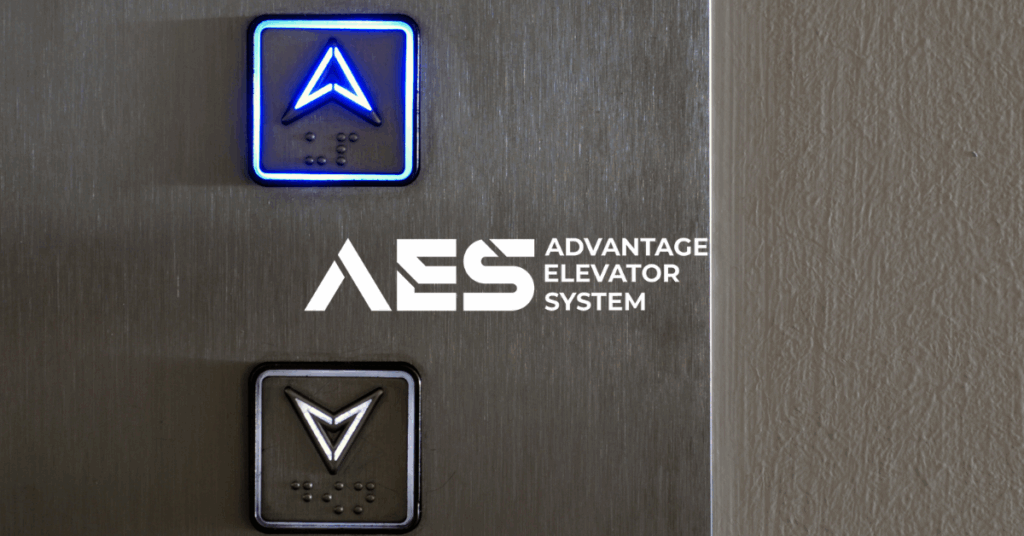Frequently Asked Questions: Residential Elevator Design and Installation in the Charleston, SC Area

1. Why should I choose Advantage Elevators for my home elevator installation?
At Advantage Elevators, we care about your experience from start to finish. Installing a home elevator is a significant investment, and our team is committed to delivering quality craftsmanship, responsive service, and seamless residential elevator design and installation, so you can feel confident every step of the way.
2. How long does it take to install a residential elevator?
Once your home is ready—meaning the elevator shaft is built, hoistway doors are installed, and permanent power is available—home elevator installation typically takes just a few days. We work closely with homeowners and builders to make sure everything is properly prepared for a smooth, efficient process.
3. How much does a home elevator cost?
The cost of a residential elevator design and installation varies based on several factors, including:
- Number of floors
- Shaft configuration and job-site conditions
- Interior cab finishes and customization
To get a personalized estimate, contact us for a free consultation. We'll help you understand your options and provide accurate pricing for your home elevator design and installation.
4. How long does it take to get a home elevator?
Most residential elevators take 4 to 8 weeks to process and ship after ordering. During that time, we coordinate with your builder to ensure the site is ready for installation when the unit arrives.
5. How much space is needed for a home elevator?
A standard home elevator that accommodates a wheelchair requires about a 5' x 5' area for the shaft. We’ll assess your floor plan and offer solutions that fit your layout and mobility needs.
6. How deep should the residential elevator pit be?
Pit depth depends on the elevator model, but Advantage Elevators typically requires only an 8-inch pit, making it one of the most space-efficient options for residential installation.
7. How much overhead clearance is needed for a home elevator?
Overhead requirements vary by system (hydraulic, traction, or winding drum), but most residential elevators need 12 to 36 inches of overhead space. We’ll guide you based on your chosen system and home configuration.
8. How many floors can a residential elevator serve?
Our home elevators can serve up to four stories, with a maximum travel distance of 50 feet—perfect for multi-level homes in Charleston, SC, and the surrounding areas.
9. Can my home elevator have more than one entrance?
Yes! Our residential elevator cabs can be designed with multiple access points, allowing entry and exit from more than one side—ideal for flexible home layouts and convenience.
10. Will the elevator fit a wheelchair?
Yes. A residential elevator with a cab interior measuring at least 36" x 48" will generally accommodate a standard wheelchair comfortably. We offer ADA-compliant and custom solutions for enhanced accessibility.
11. Which elevator system is best: hydraulic, winding drum, chain drive, or vacuum?
The best elevator system depends on your home layout, preferences, and local code requirements. Each has unique benefits:
- Hydraulic: Smooth, quiet, ideal for custom homes
- Winding drum: Compact and cost-effective
- Vacuum: Sleek, space-saving, and modern
Our experts will help you choose the right system for your specific needs.
12. Do residential elevators need regular maintenance?
Yes. To ensure safety and long-term performance, we recommend annual maintenance for your home elevator. Advantage Elevators offers reliable service plans to keep your system running smoothly for years to come.
